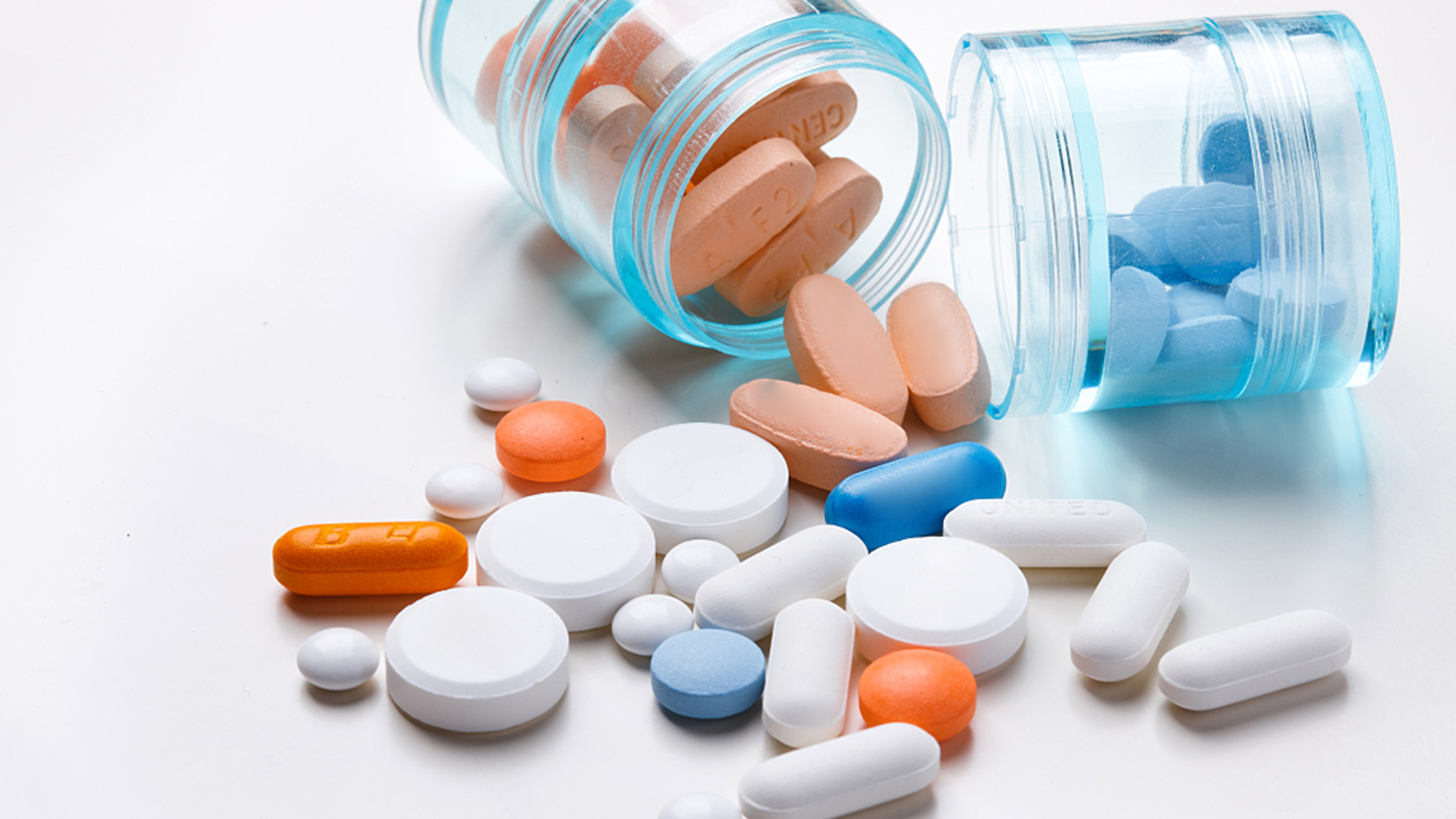01:47

China's State Council has passed a document to deepen its ongoing medical reform through a national medicine group-buying.
This year, people in 11 cities in China bought drugs in public hospitals much cheaper than before. The price for some drugs, including those for tumors and Hepatitis B, was cut by over 90 percent. That was the result of a pilot medicine procurement program introduced by the State Council. The centralized procurement program covers 60 to 70 percent of public hospitals' total annual medicine supply in order to get a lower price. The plan is now being expanded to 26 provinces and cities.
Chen Jinfu, deputy director of National Healthcare Security Administration says the pilot program helped improve the ecology of the pharmaceutical industry. "The amount-based rendering creates a new, healthier profit chain, so that companies can focus more on developing new drugs and quality," says Chen.
The central government believes this program can help deepen its decade-long medical reform, as it also improves medical insurance and healthcare industries. As a result, drugs are no longer a profit center for hospitals. And doctors' income no longer relies on how much medicine they prescribe or how much secret commission they get from drug companies. They instead get more decent pay through increased service fees.
Wang Hesheng, deputy director of National Health Commission says the document will help the pilot program take real effect. "It addresses some important issues, like how to improve the quality of the medicine, ensure a steady supply, expedite the payment process and encourage doctors to accept the changes", he says.
The government promises a salary reform for doctors and a better supervision on medical insurance funds, as well as on hospitals and doctors in order to reduce costs for patients.